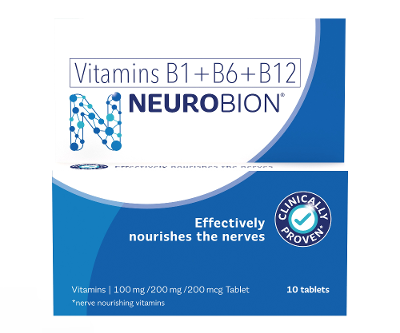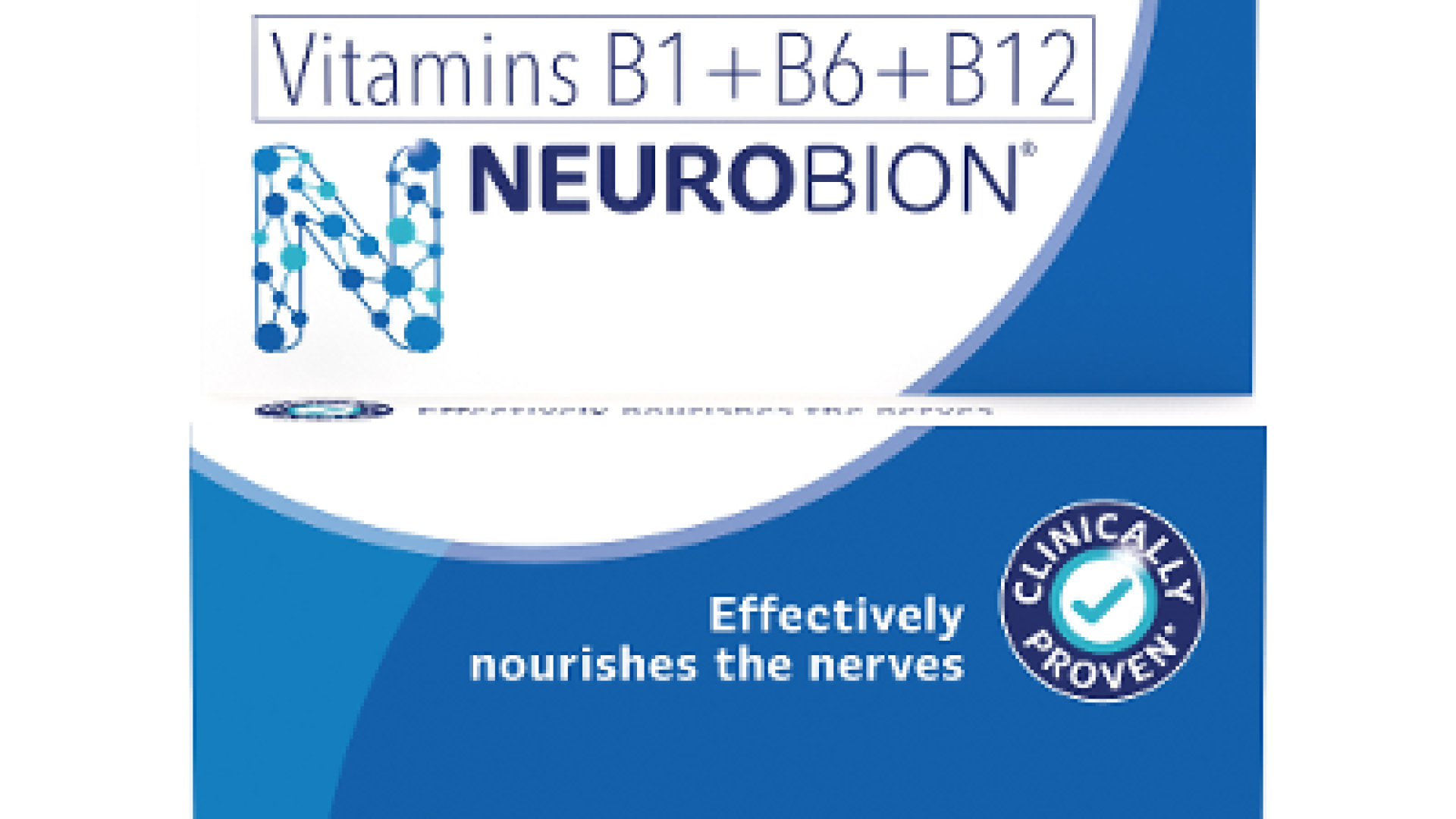Have you ever heard of peripheral neuropathy? In fact, millions of people suffer from this disease. Because of lack of awareness, some remain undiagnosed and untreated, suffering in silence for years. Peripheral neuropathy (PN) caused by nerve damage is one of the most common diseases of the peripheral nervous system, which controls all functions of our body, sensations in our hands, and movements of our muscles. Symptoms include numbness, tingling, prickling, and stabbing or burning pain mostly in the feet and hands.
Many people affected by the disease are not aware that their symptoms are due to PN as the disease often starts with mild symptoms and develops slowly, almost silently over long periods of time.

At some point, symptoms become more severe and bothersome, affecting various aspects of a patient’slife. Without even realizing it, the patient will start losing mobility, struggle with performing simple day–to–day activities, have difficulties sleeping, or suffer injuries in their feet—all due to progressing nerve damage.
8 out of 10 patients remain undiagnosed
Unfortunately, PN awareness is low among the general population and many doctors. It is often only recognized and diagnosed at the late stages of the disease when nerve damage—that could otherwise have been avoided—has already progressed. Studies report, that approximately 80% of people, both in high– and low–income countries, living with diabetes and suffering from PN symptoms have not been diagnosed.2,3
This urgently needs to change. Raising awareness about the importance of nerve health and potential risk factors for nerve damage in the community and among physicians is key!
People particularly at risk of PN include diabetic patients, obese persons, chemotherapy or surgery patients, elderly, heavy drinkers, people with nutritional deficiencies, and smokers. The disease, however,can also affect younger and seemingly healthy people for no apparent reason.1 Often, people are not even aware that they are at risk as risk factors are not always obvious.
A new simple checklist will help to take care of peripheral nerves
It’s critical to watch out for symptoms and do an early check. There are many barriers preventing proper PN diagnosis.
On the patient’s side, these can include lack of awareness about PN and its risk factors, failing to notice the early signs, neglecting to see a doctor in time, and difficulties in verbalizing the symptoms. On the other side, physicians are often prevented from diagnosing PN patients due to crowded clinics, shortage of time, and lack of awareness and established diagnostic routine.4
That’s why Procter & Gamble, the makers of Vitamins B1+B6+B12 (Neurobion), collaborated with peripheral neuropathy experts from 10 countries and multiple specialties to devise a new tool—a screening questionnaire—that will help raise awareness about PN and shorten the journey to diagnosis.4
It’s the Neurometer and anyone can use it here or (https://pgamaphc.jebbit.com/s6xk2ac6) for free.
For people who don’t know about PN, Neurometer is already a first big step towards understanding this disease. All one must do is answer 5 simple questions to assess one’s nerve damage risks. If the result indicates PN, one can consult a doctor who can then use the Neurometer to diagnose PN with two simple, expert-recommended sensory tests.
With this questionnaire, patients can be empowered to take early action against PN and be treated more quickly, giving them greater chances of slowing down disease progression and avoiding long-term complications.
Neurometer is just one of the many efforts by Vitamin B1+B6+B12 (Neurobion) to make nerve care effortless, quick, and accessible for everybody.
If you think your nerves need care, do the questionnaire!
IF SYMPTOMS PERSIST, CONSULT YOUR DOCTOR.
References




